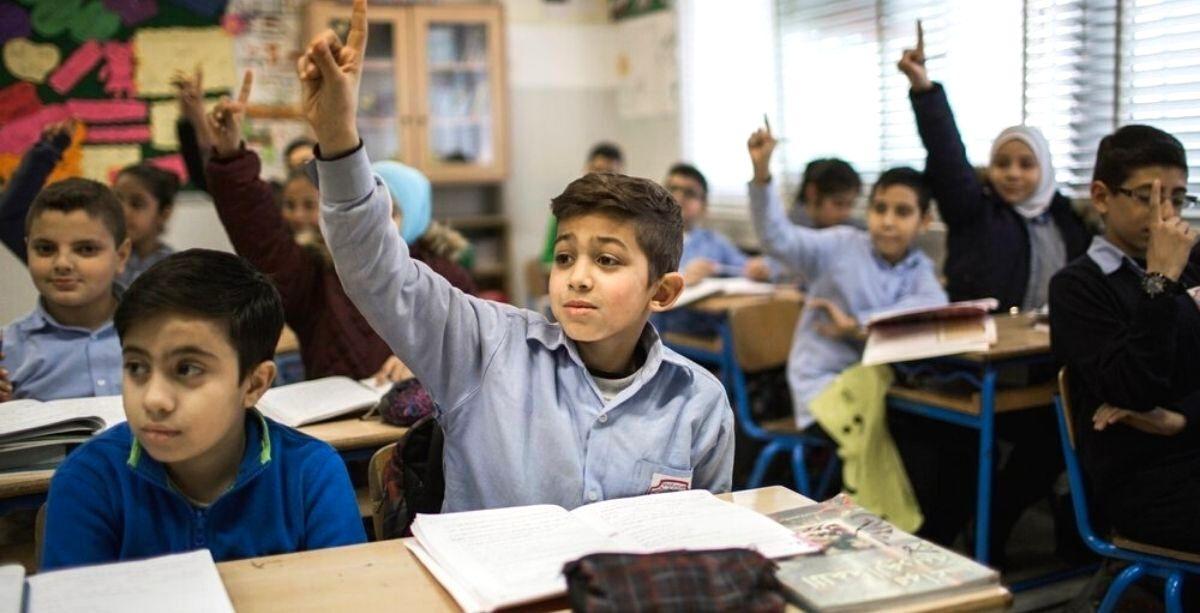
Lebanon (Enmaeya News) — Lebanon’s Education Ministry has launched a nationwide assessment for public elementary students, aiming to diagnose academic setbacks after years of compounded crises.
Students from grades 1 to 6 across public schools participated in a newly designed “diagnostic evaluation” over three days. Unlike traditional exams, the assessment wasn’t meant to determine pass or fail but to measure core competencies in reading, writing, and mathematics. It’s the country’s first attempt at a structured, data-driven evaluation of foundational learning.
Education Minister Rima Karami said the initiative was developed entirely by the ministry without external influence from international donors such as the World Bank or UNICEF. “This is our own effort to identify where our students stand academically,” she said. “We are taking ownership of our challenges, gathering the data ourselves, and determining where interventions are needed.”
The assessment is part of a broader plan to reform the public education system and develop targeted academic support starting next school year. Teachers and school leaders will receive specific insights into each student’s strengths and weaknesses, allowing for more personalized instruction.
The Center for Educational Research and Development designed the test in collaboration with ministry advisors and independent education experts, using proven models adapted to the Lebanese context. Karami emphasized that no additional funding or external consultancy was needed to produce the test, calling it a cost-effective and internally led reform effort.
While the evaluation covered only public schools, private institutions can request access to the test materials.
Some teachers and school administrators raised concerns about the timing and logistics. A few administrators questioned the need for such a formal process, suggesting the same outcomes could have been achieved through ongoing evaluations or communication with school staff.
Still, Karami said 878 of 880 public schools participated, and most logistical hurdles were overcome. “We understand the exam culture in our society adds pressure, but this was not a test to stress students. It was a tool to help us—and them—move forward,” she said.
Despite criticism, the ministry believes the results will be a valuable asset. “Serious educators know that this type of data can’t come from regular exams. We now have real insights on over 130,000 students, and that’s how meaningful change begins,” Karami added.



